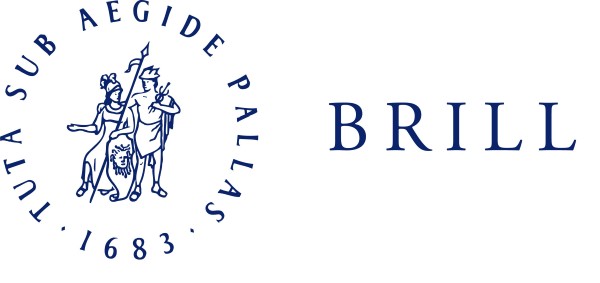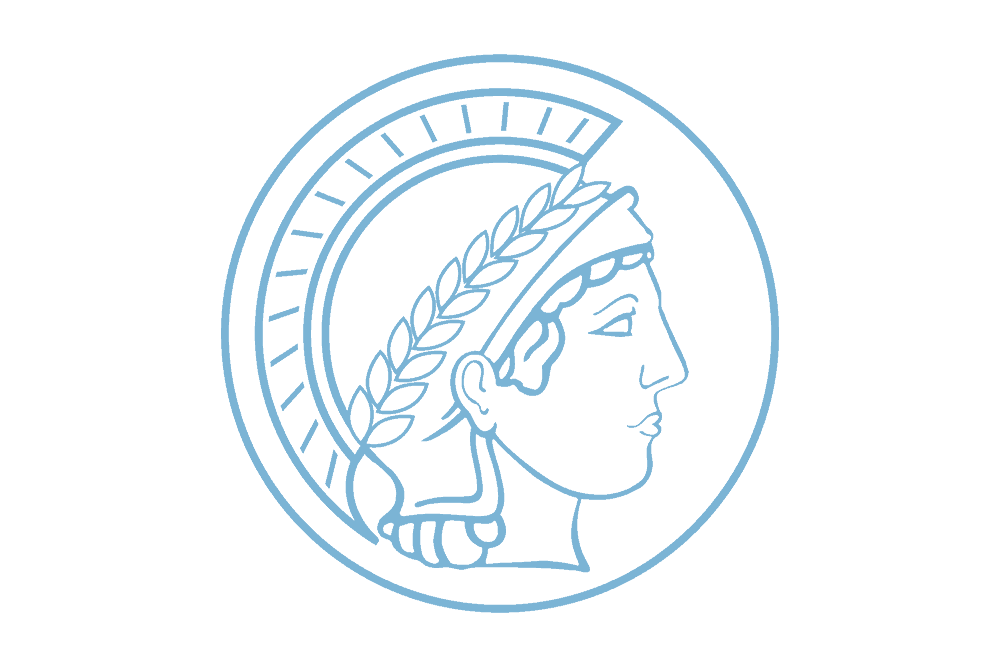MAX PLANCK YEARBOOK OF UNITED NATIONS LAW
About | Information for Authors | Editorial Advisory Board | Past Issues
About the yearbook
Founded in 1997 by the Directors of the Max Planck Institute for Comparative Public Law and International Law, the Max Planck Yearbook of United Nations Law (UNYB) is a peer-reviewed academic publication that has been produced by the Max Planck Foundation since 2014, and published by Brill. The UNYB is ranked and academically indexed by Scopus. The current Editors-in-Chief of the publication are, Professor Erika de Wet and Dr Kathrin Maria Scherr.
The UNYB was the first scholarly periodical to focus on activities of the United Nations in the field of international law. By concentrating on issues connected with the UN and its initiatives, the Yearbook aims to facilitate an understanding of the changes the UN has been undergoing since its foundation. It also provides a forum in which the potential of international organisations to affect the future course of international law and relations can be examined and assessed.
Traditionally, the UNYB has consisted of two parts:
The first part, “The Law and Practice of the United Nations”, concentrates on UN law in a narrow sense, meaning the legal fundaments of the UN and its Specialised Agencies and Programmes and their legal and political practice. The focus is on treaties, covenants, resolutions and other international legal instruments.
The second part, “Legal Issues Related to the Goals of the United Nations”, analyses achievements concerning the main objectives of the UN such as sustainable development, refugee protection, disarmament and non-proliferation, rule of law, and gender equality. It is also open for articles on important legal developments in countries and geographic areas of special importance to the UN, particularly those assisted by a Peacekeeping Mission or Special Envoys or Representatives of the UN Secretary General. In general, the UNYB features articles that fit within the above editorial line or deal with issues of general public international law or comparative constitutional law.
Information for Authors
The UNYB invites manuscript submissions of high-quality throughout the year which focus on United Nations Law, general public international law and comparative constitutional law. Authors may submit articles, essays, comments, and case notes for consideration of publication. In addition, please consult our ongoing thematic call for papers, published once a year.
Prior to the submission of a full manuscript, authors are requested to send at first instance a short abstract proposal of their manuscript. The proposal should include i) the working title; ii) the main arguments to be developed in the article; and, iii) a brief explanation on how the topic fits within the scope of the Max Planck Yearbook of United Nations Law. Please submit your proposal in a Word document, along with a short author bio (max 100 words) in the cover letter, accompanied by an assurance that the article has not been published, submitted, or accepted elsewhere delivered by email to Managing Editor, Sai Venkatesh, at . Following a positive assessment, the editorial team will request the author for the submission of their full article to be placed through the thorough double-blind peer-review process followed by the publication.
The editorial team cannot guarantee publication of any submissions, be they solicited or unsolicited. Authors will be notified once a decision has been deliberated upon by the editorial team based on feedback from the peer-review process.
Editorial Advisory Board
The Editorial Advisory Board is comprised of a committee of expert scholars from around the world. They will work in close association with the editorial secretariat (i.e. the Editors-in-Chief and the Managing Editor of the UNYB), in developing the overall Yearbook strategy for future volumes, and mainly act as pioneers for the promotion and development of the publication.
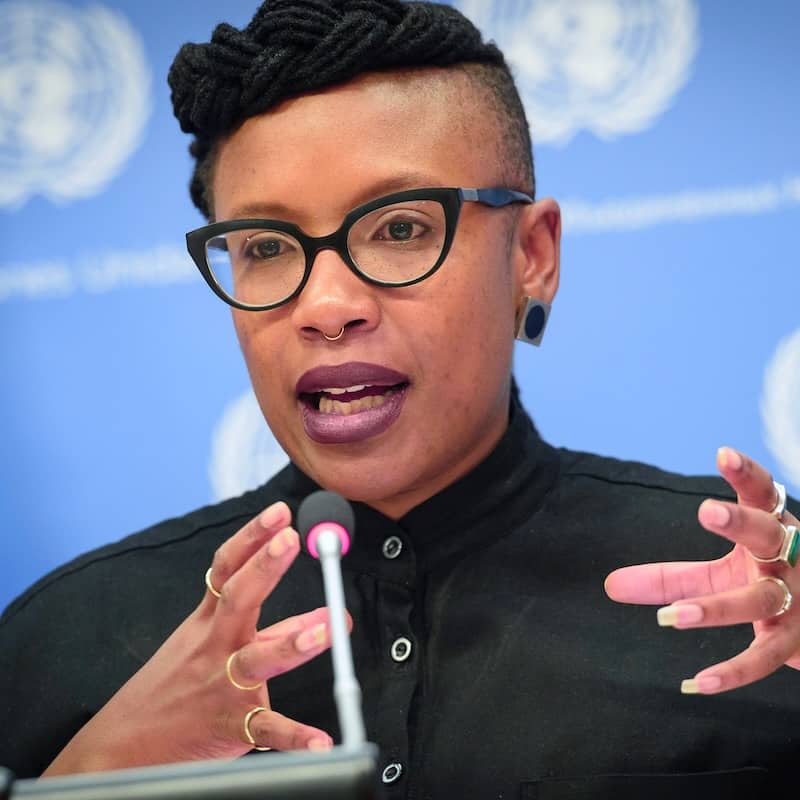
E. Tendayi Achiume is the inaugural Alicia Miñana Professor of Law at the University of California, Los Angeles School of Law, a research associate of the African Center for Migration and Society at the University of Witwatersrand, and a research associate of the Refugee Studies Centre at Oxford University. She is also the UN Special Rapporteur on Contemporary Forms of Racism, Racial Discrimination, Xenophobia and Related Intolerance, and is the first woman to serve in this role since its creation in 1994. The current focus of her scholarship is the global governance of racism and xenophobia; and the legal and ethical implications of colonialism for contemporary international migration. In 2016, she co-chaired the Annual Meeting of the American Society of International Law, and is currently an editor on the board of the American Journal of International Law. She is also a recipient of the UCLA Distinguished Teaching Award—the highest university-wide honor for excellence in teaching. Her publications include: Racial Borders, Georgetown Law Journal; Migration as Decolonization, Stanford Law Review; Governing Xenophobia, Vanderbilt Journal of Transnational Law; Syria, Cost-Sharing and the Responsibility to Protect Refugees, Minnesota Law Review; and Beyond Prejudice: Structural Xenophobic Discrimination Against Refugees, Georgetown Journal of International Law. She is currently the Leah Kaplan Visiting Professor of Human Rights at Stanford Law School.
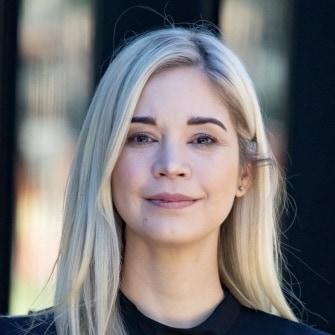
Martha M Bradley is Associate Professor in the Department of Public Law, Faculty of Law, University of Johannesburg. She specializes in Public International Law and International Humanitarian Law. Professor Bradley is a Y1 National Research Foundation rated Scholar. This rating relates to a young researcher (within 5 years from PhD) who is recognised by the reviewers as having the potential (demonstrated by research products) to establish him/herself as a researcher and with an indication that he/she has the potential to become a future leader in his/her field. Martha Bradley holds an LLB degree, and LLM in International Air, Space and Telecommunications Law in 2014, an LLM in Shipping Law, and the LLD degree in Public International Law. Martha has completed several certificate courses at the International Institute for Humanitarian Law in San Remo. Professor Bradley recently was selected by the Minister of Higher Education of South Africa to participate in the DHET Future Professors Program Cohort 1 Phase 2 where 29 promising academics from South African universities are selected to undergo advanced training to develop their capabilities and fill the gaps in the professoriate in South Africa.
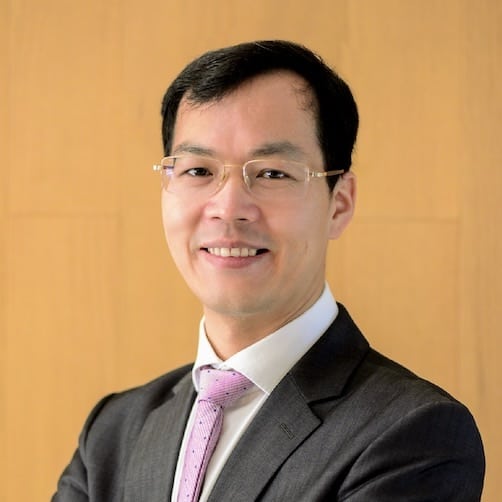
Yifeng Chen is an associate professor at the Peking University Law School and deputy director of the Peking University Institute of International Law. Before joining the Peking University, He was a post-doctoral researcher at the University of Helsinki from 2010-2013. His fields of interest include history and theory of international law, international organizations, global governance and labour law.
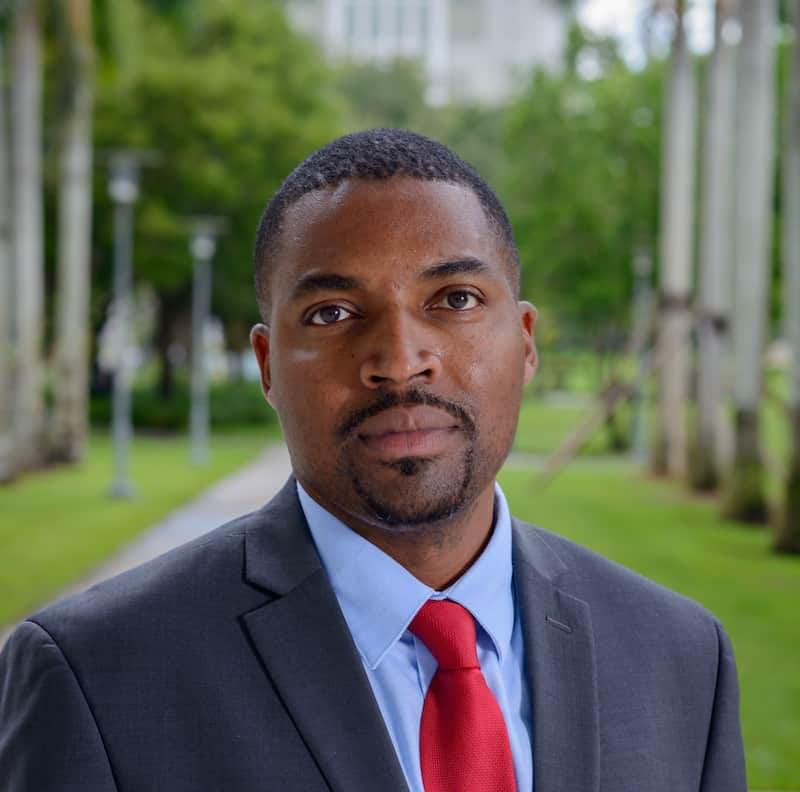
Charles C. Jalloh is Distinguished University Professor of Law at Florida International University (FIU). He is a member of the International Law Commission (ILC), where he was Chair of the Drafting Committee (70th session), General Rapporteur (71st session) and serves as the Special Rapporteur for the topic Subsidiary means for the determination of rules of international law. An award-winning scholar, Professor Jalloh has published widely on aspects of international law including over 70 articles, book chapters and essays in top peer-reviewed journals and many books with leading academic presses. His monograph, The Legal Legacy of the Sierra Leone Tribunal, was published by Cambridge in July 2020. He is founding editor of the African Journal of Legal Studies and the African Journal of International Criminal Justice and is a member of the Board of Editors of the American Journal of International Law. Called to the Bar in Ontario, Canada in 2004, Jalloh has practiced law at both the domestic and international levels. He holds common law and civil law degrees from McGill University, a Master’s in International Human Rights Law, with distinction, from Oxford University and a Ph.D. in International Law from the University of Amsterdam.
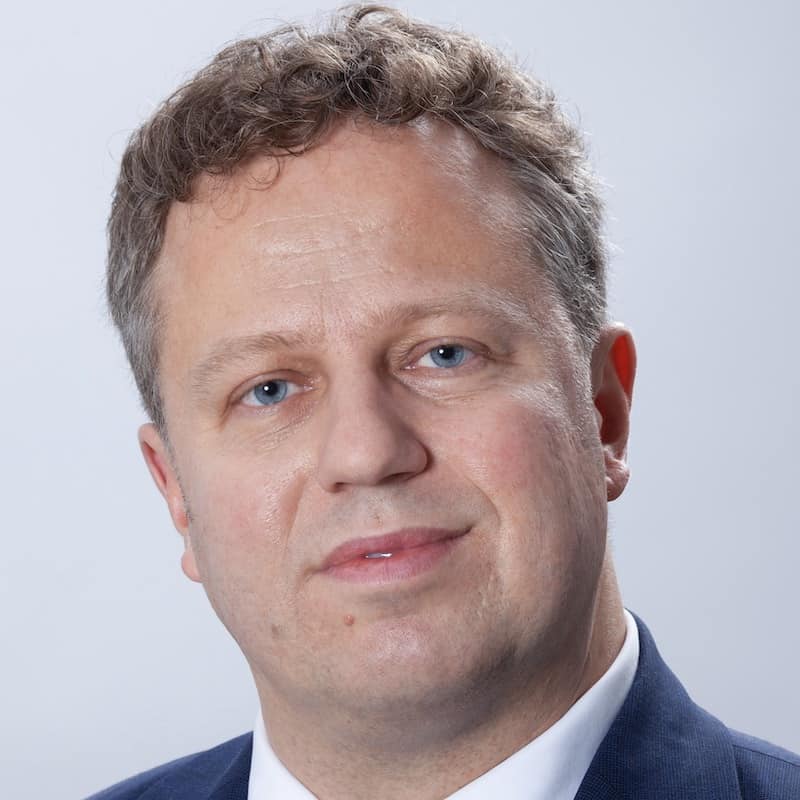
Lauri Mälksoo is Professor of International Law at the University of Tartu in Estonia, member of the Institut de Droit International and the Venice Commission of the Council of Europe. He has published the monographs “Illegal Annexation and State Continuity” (Brill, 2nd ed. 2022) and “Russian Approaches to International Law” (OUP, 2015).
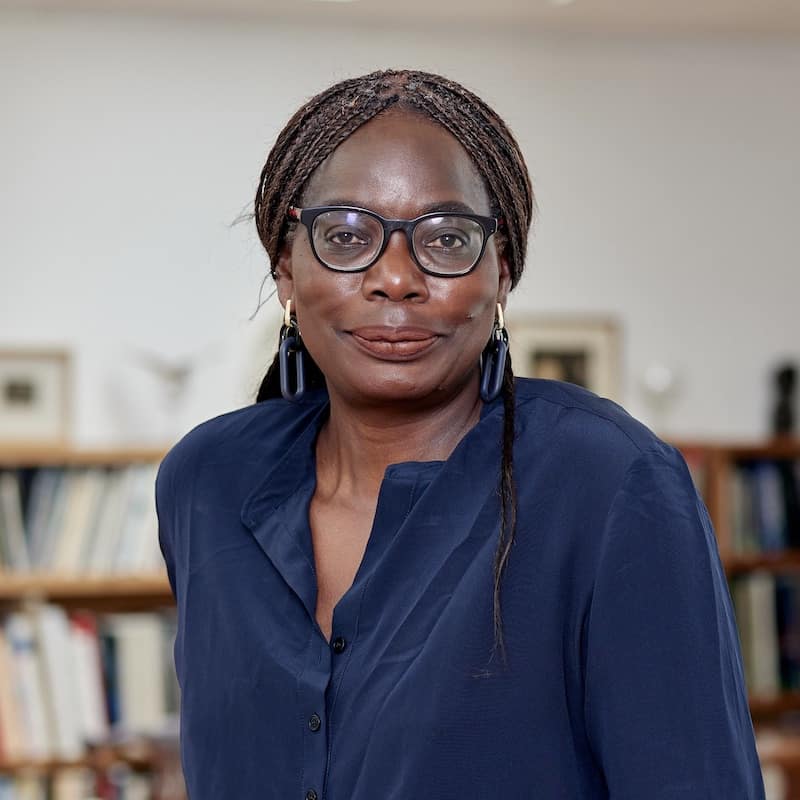
Phoebe Okowa is Professor of Public International Law at Queen Mary, University of London and an advocate of the High Court of Kenya. Educated at the University of Nairobi and the University of Oxford, she previously taught at the University of Bristol. In 2011 and 2015, she was Global Visiting Professor at New York University, School of Law. A member of the Permanent Court of Arbitration at The Hague, she has appeared as Counsel before the International Court of Justice and lectured on practical questions of international law for the United Nations at its Regional Course on International Law for Africa. She is on the Public International Law Advisory Panel of the British Institute of International and Comparative Law; the Stockholm Centre for International Law and Justice; Center for International Law and Policy in Africa and the Committee of Legal Experts of the Commission of Small Island States on Climate Change and International Law. She has written on a wide range of contemporary international law topics including State responsibility for transboundary air pollution; the interface between state responsibility and individual accountability for international crimes; Africa and the International Criminal Court; Unilateral and collective responses to protection of natural resources in conflict zones and aspects of the protection of the environment.
In November 2021, Professor Okowa was elected to the UN International Law Commission for the term 2023-2027.
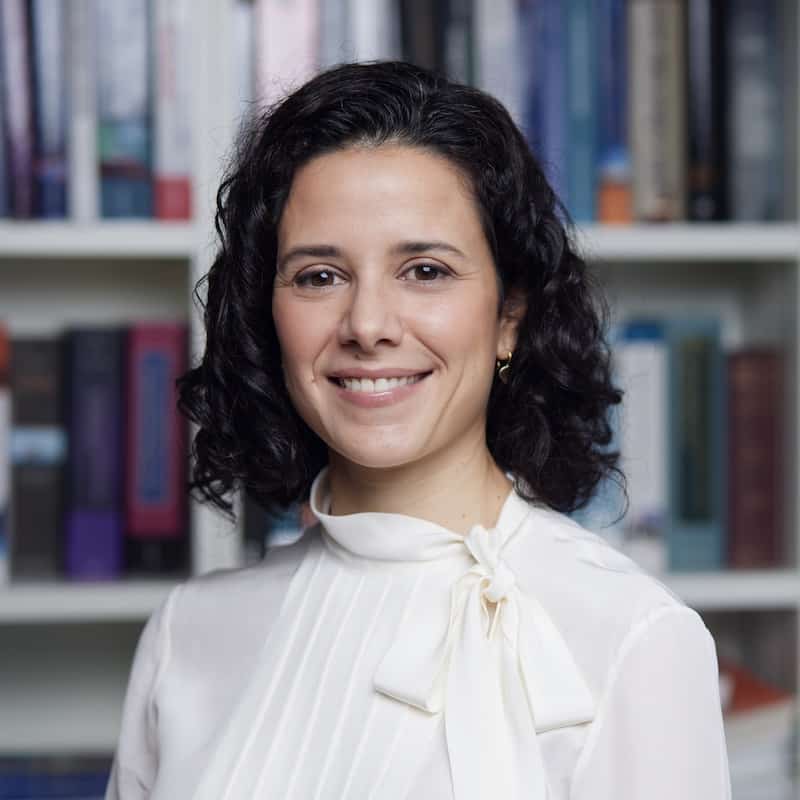
Federica Paddeu is Associate Professor in Law and Derek Bowett Fellow at Queens’ College, Cambridge, and fellow of the Lauterpacht Centre for International Law. Federica is a generalist international lawyer, with interests in State responsibility, the law and theory of exceptions in international law, the law on the use of force and international investment law. Recent publications include Justification and Excuse in International Law and Exceptions in International Law (with Prof Lorand Bartels). She serves in the Public International Law Advisory Panel at the British Institute for International and Comparative Law, and is a member of the Board of the European Society of International Law.
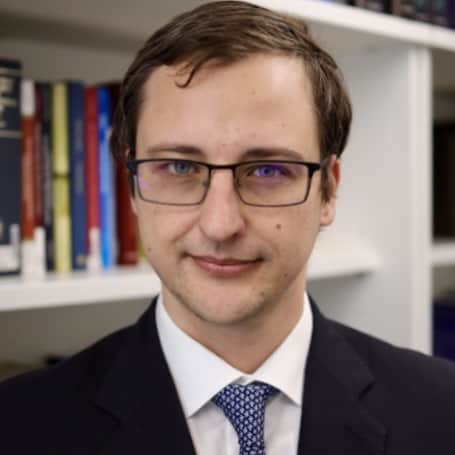
Martins Paparinskis is Professor of Public International Law at University College London and a member designate of the United Nations International Law Commission. He is a generalist international lawyer with a particular interest in State responsibility and international dispute settlement as well as the specialist fields of investment law, human rights law, and transboundary water law. He has published in American Journal of International Law, British Year Book of International Law, and European Journal of International Law as well as in Oxford Monographs of International Law. Martins is a member of the Permanent Court of Arbitration, the OSCE Court of Conciliation and Arbitration, and the implementation committee of the UNECE Water Convention.

Professor Alexander Proelss is the Chair in the International Law of the Sea and International Environmental Law, Public International Law and Public Law at the Faculty of Law of the University of Hamburg, where he is also the Director of the Institute for the Law of the Sea and for Maritime Law (ISSR). Prior to his move to Hamburg, he was Professor for Public Law, in particular Public International Law and European Union Law, and Director of the Institute of Environmental Law (IUTR) and the Institute for Legal Policy (IRP) at Trier University. International environmental law and the international law of the sea constitute the focal points of his research. Alexander Proelss has been a member of several national and international research consortia and has advised State agencies, international organizations and NGOs both in Germany and abroad at numerous occasions.
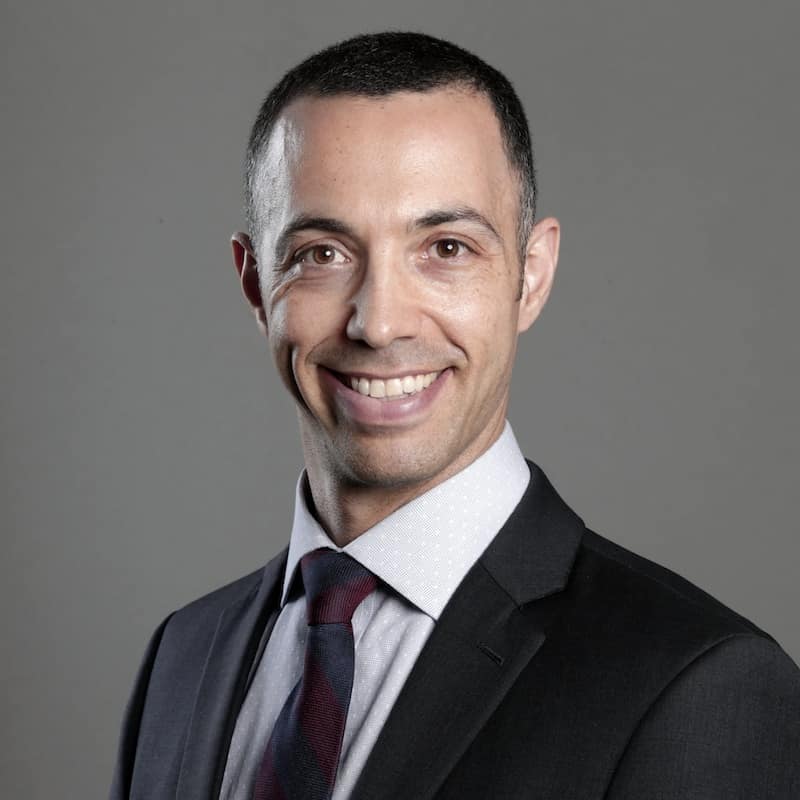
Dr Omri Sender is a scholar and practitioner in public international law. He acts as counsel and advisor to States, international organizations, and multinational corporations, including in dispute settlement proceedings before international courts and tribunals. He is the author of numerous writings in the field of public international law which, like his practice, cover the full range of the discipline. Dr Sender previously served as Counsel to the World Bank and as Law Clerk to the Chief Justice of the Supreme Court of Israel.

Ntina Tzouvala is an Associate Professor at the ANU College of Law and a Global Fellow at the NUS Centre for International Law. Her work focuses on the history, theory and political economy of international law. Her first monograph, Capitalism as Civilisation: a History of International Law (Cambridge UP, 2020), was awarded the ASIL Certificate of Merit for a preeminent contribution to creative scholarship and the Australian Legal Research Award (ALRA) in the book category.
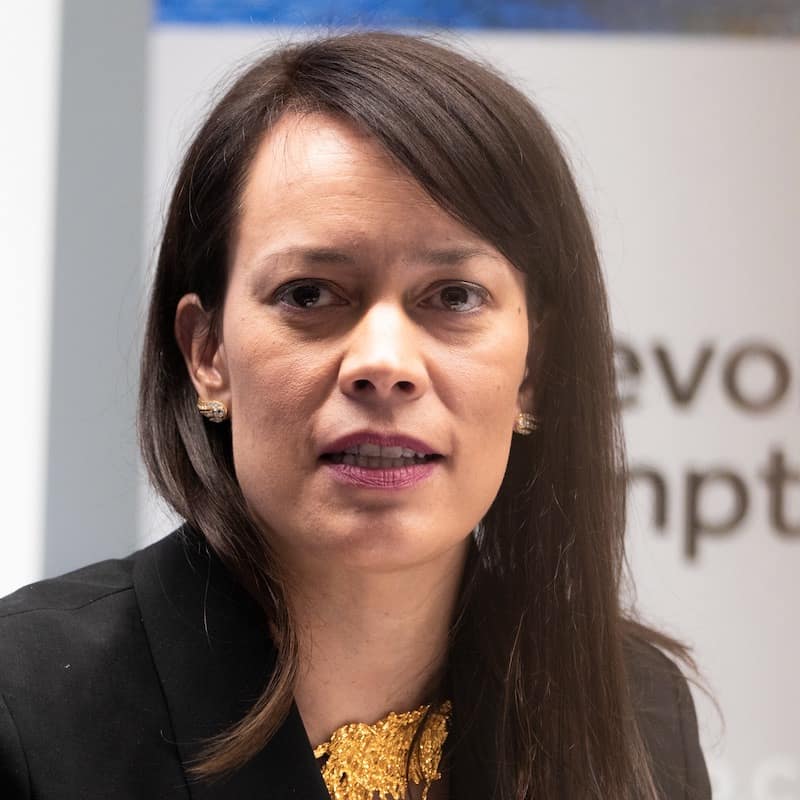
Philippa Webb is Professor of Public International Law at King’s College London and Director of the Centre for International Governance and Dispute Resolution (CIGAD). Previously, Philippa served as the Special Assistant and Legal Officer to Judge Rosalyn Higgins GBE QC during her Presidency of the International Court of Justice and held positions in the International Criminal Court and United Nations Headquarters. She is on the Public International Law Advisory Panel of the British Institute of International & Comparative Law and on the board of the Clooney Foundation for Justice.
Her publications include: The Right to a Fair Trial in International Law (2021, with Amal Clooney) with the accompanying travaux préparatoires to Article 14 of the ICCPR (2022), Oppenheim’s International Law: United Nations (2017, with Rosalyn Higgins, Dapo Akande, Sandy Sivakumaran, and James Sloan), The Law of State Immunity (2015, with Lady Hazel Fox QC) and International Judicial Integration and Fragmentation (2015).
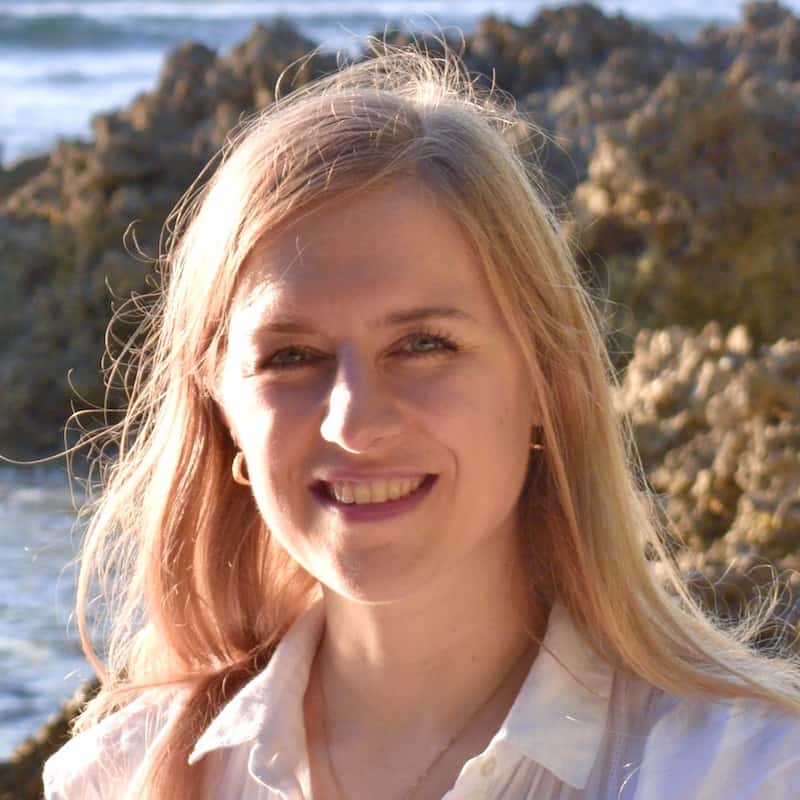
Margaretha Wewerinke-Singh is an Associate Professor of Sustainability Law at the University of Amsterdam (the Netherlands), Adjunct Senior Lecturer in Environmental Law at the University of the South Pacific (Fiji) and Of Counsel at Blue Ocean Law, a boutique international law firm based in Guam. Her scholarship focuses on climate justice, human rights and sustainable development, and builds on more than 15 years of practice at the national, regional and international levels. Amongst other things, she currently serves as Lead Counsel for the Republic of Vanuatu in its pursuit of an advisory opinion on climate change from the International Court of Justice (together with Julian Aguon) and chairs the Loss and Damage Subcommittee of the Committee of Legal Experts of the Commission of Small Island States and International Law. She serves on the Scientific Advisory Board of the European Journal of International Law and on the Editorial Board of the Asia Pacific Journal of Environmental Law.
Past Issues
Read online or download
The three most recent volumes of the UNYB can be accessed on the Brill website via subscription.
For other Volumes (1–17) follow this link
News items

Third Editorial Advisory Board Meeting of the Max Planck Yearbook of United Nations Law Conducted Online

Article Chapter in Volume 25 of the Max Planck Yearbook of United Nations Law Wins the 2023 Article Publication Prize from the Australian and New Zealand Society for International Law

Publication Alert: Volume 26 of the Max Planck Yearbook of United Nations Law is now available online and in print

A sneak peek into Volume 26 of the Max Planck Yearbook of United Nations Law

The Foundation’s Activity Report 2022 is now available online
Publisher
Founding Editor(s)
Jochen A. Frowein
Editors in Chief
Managing Editor
Contact
Search
Search all volumes for articles

